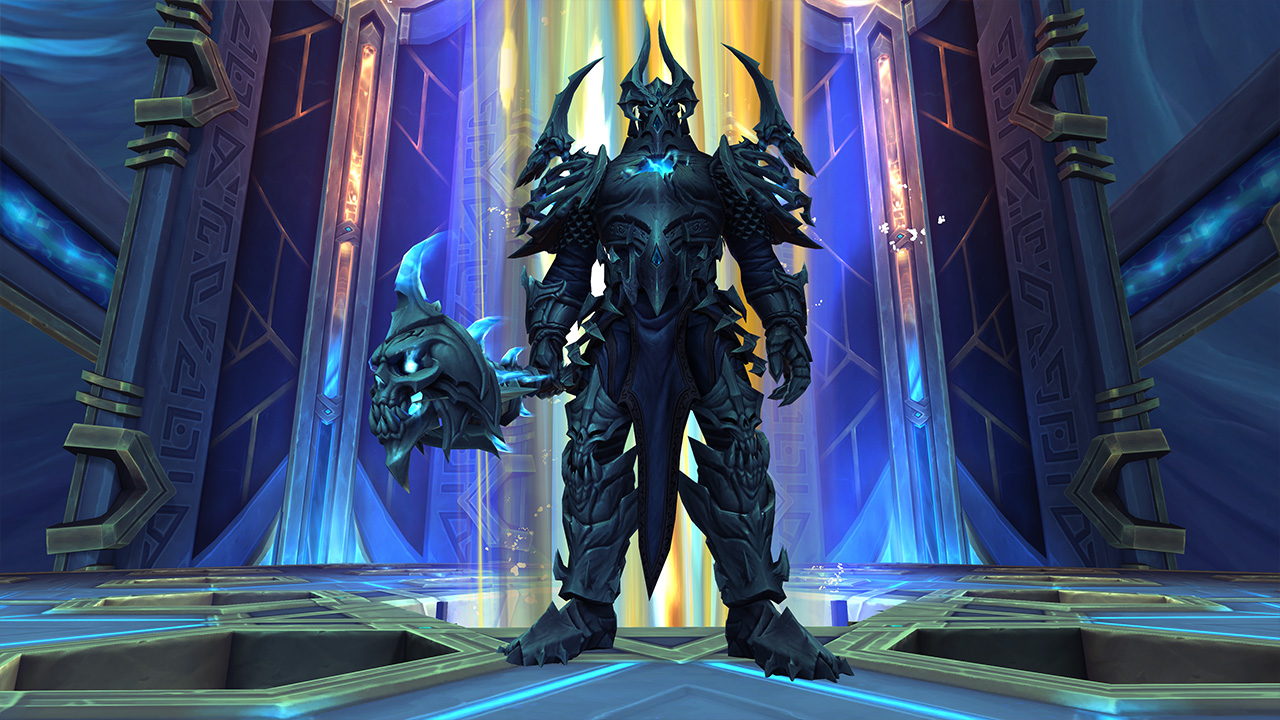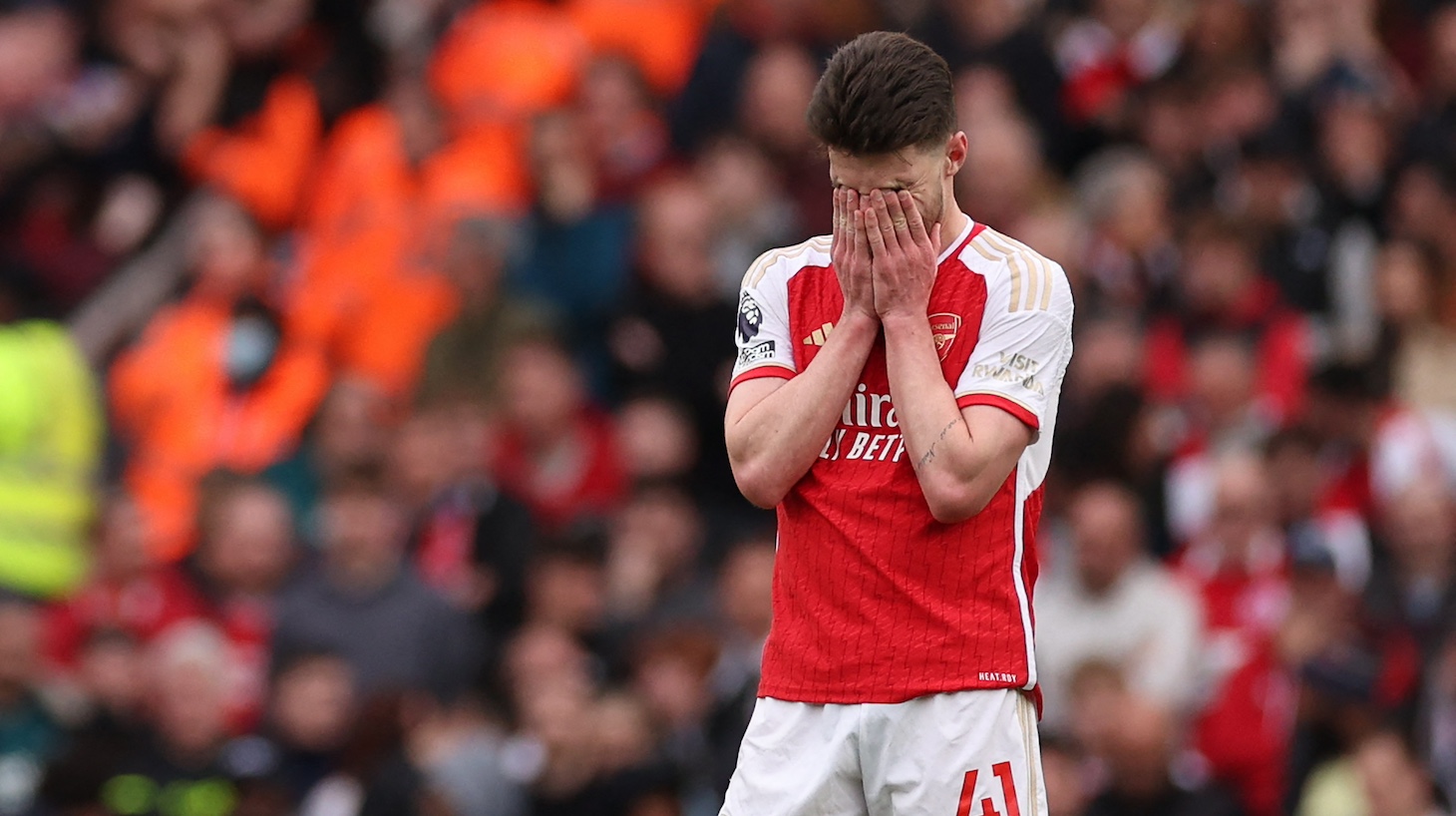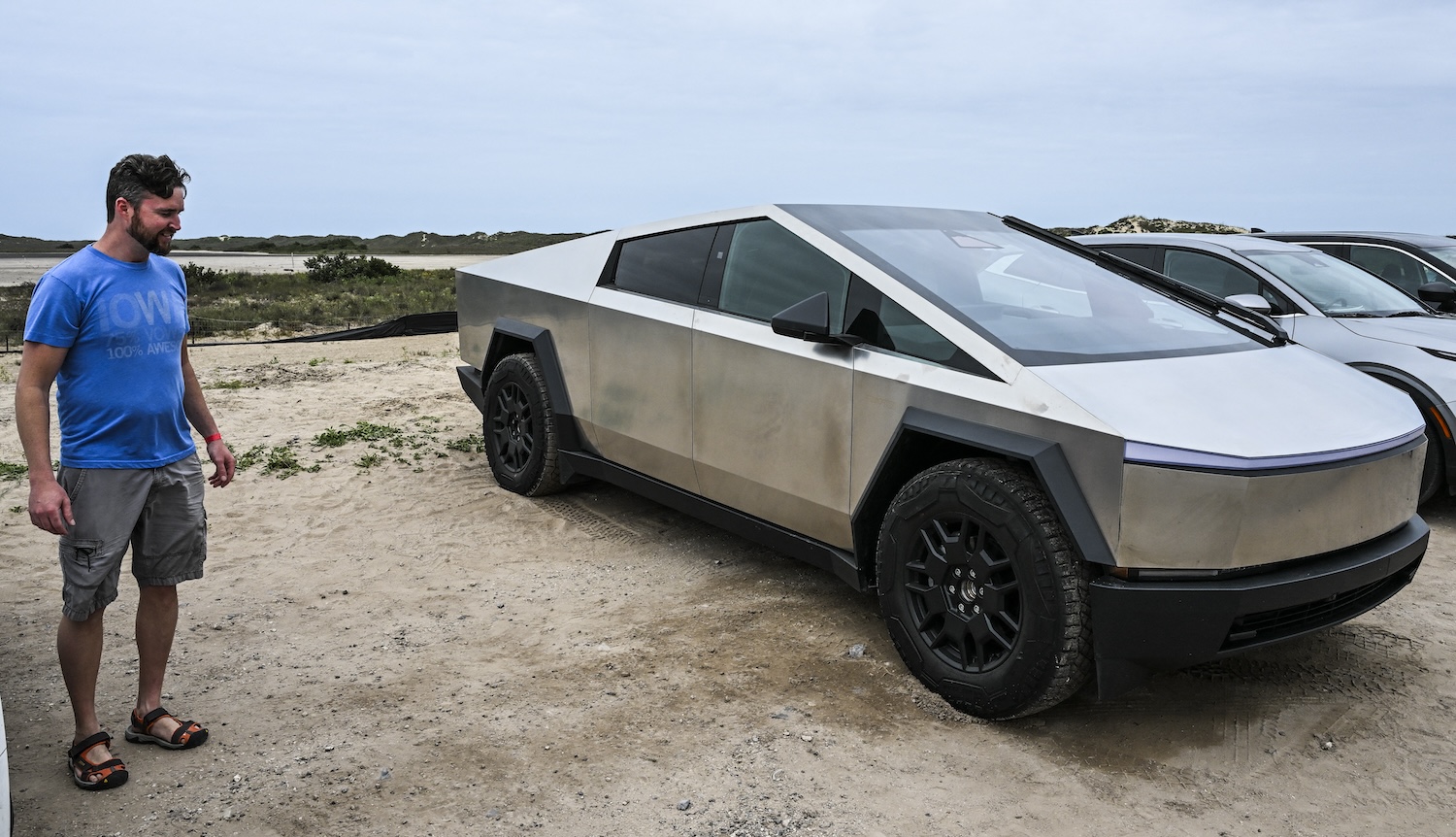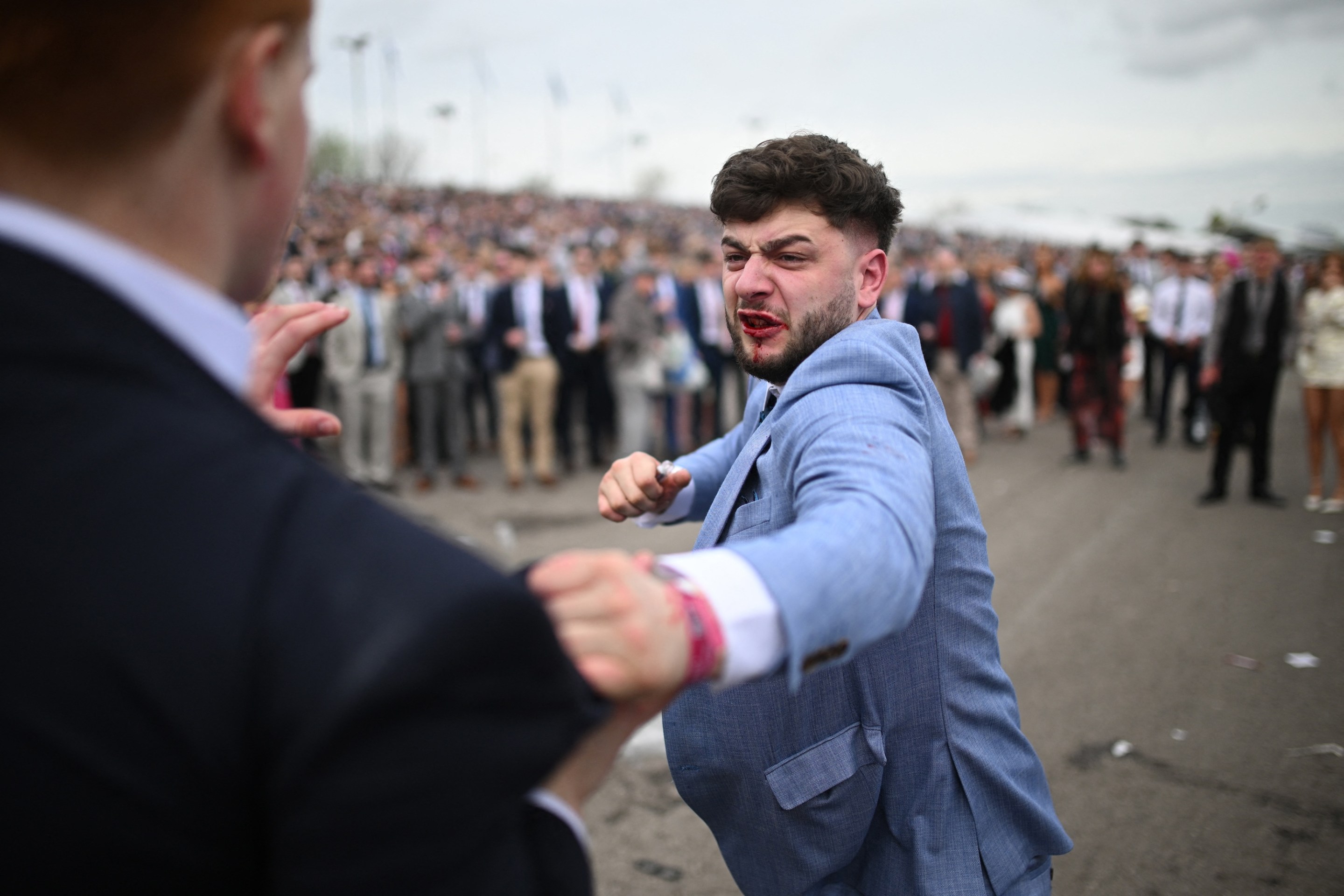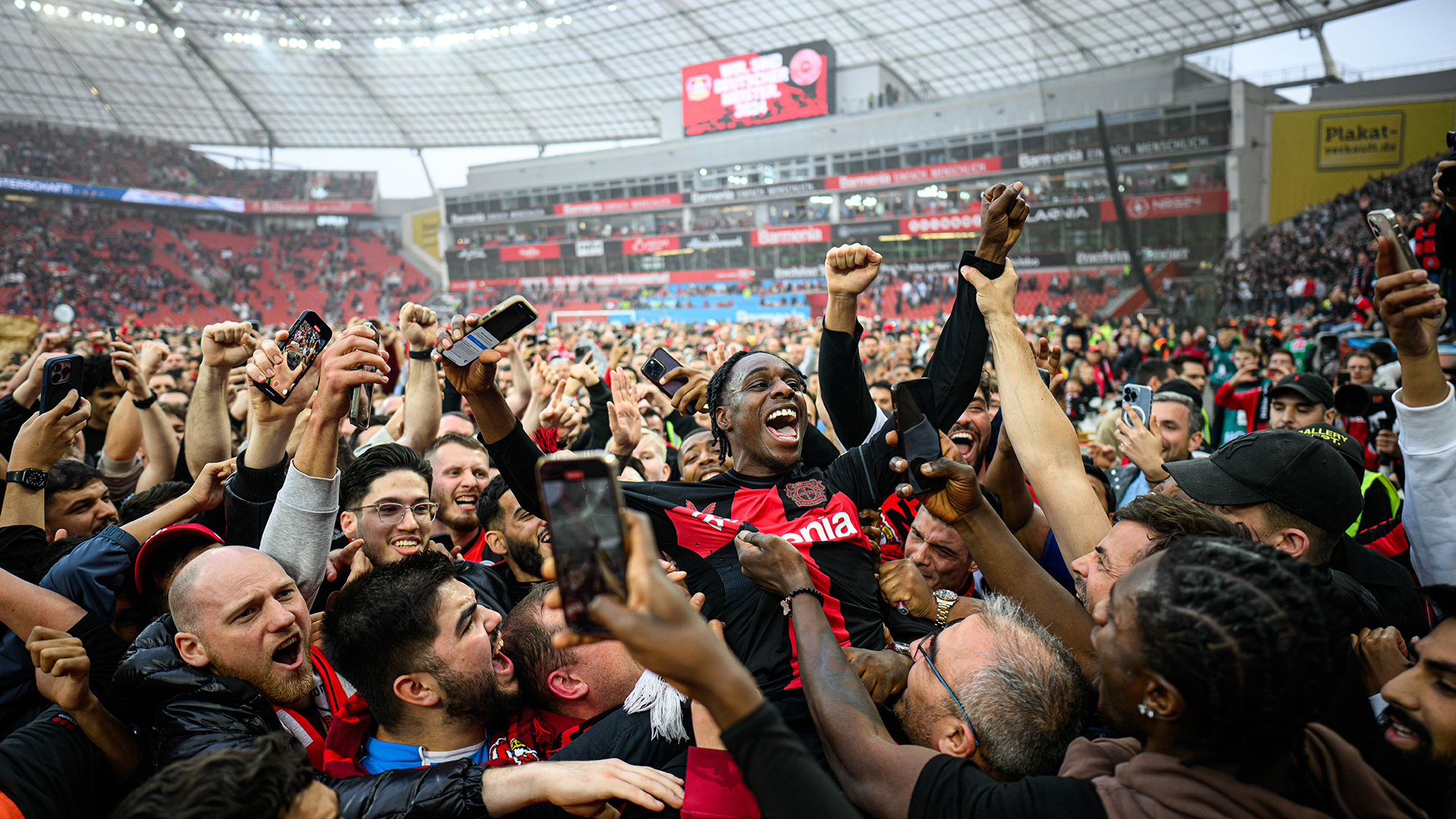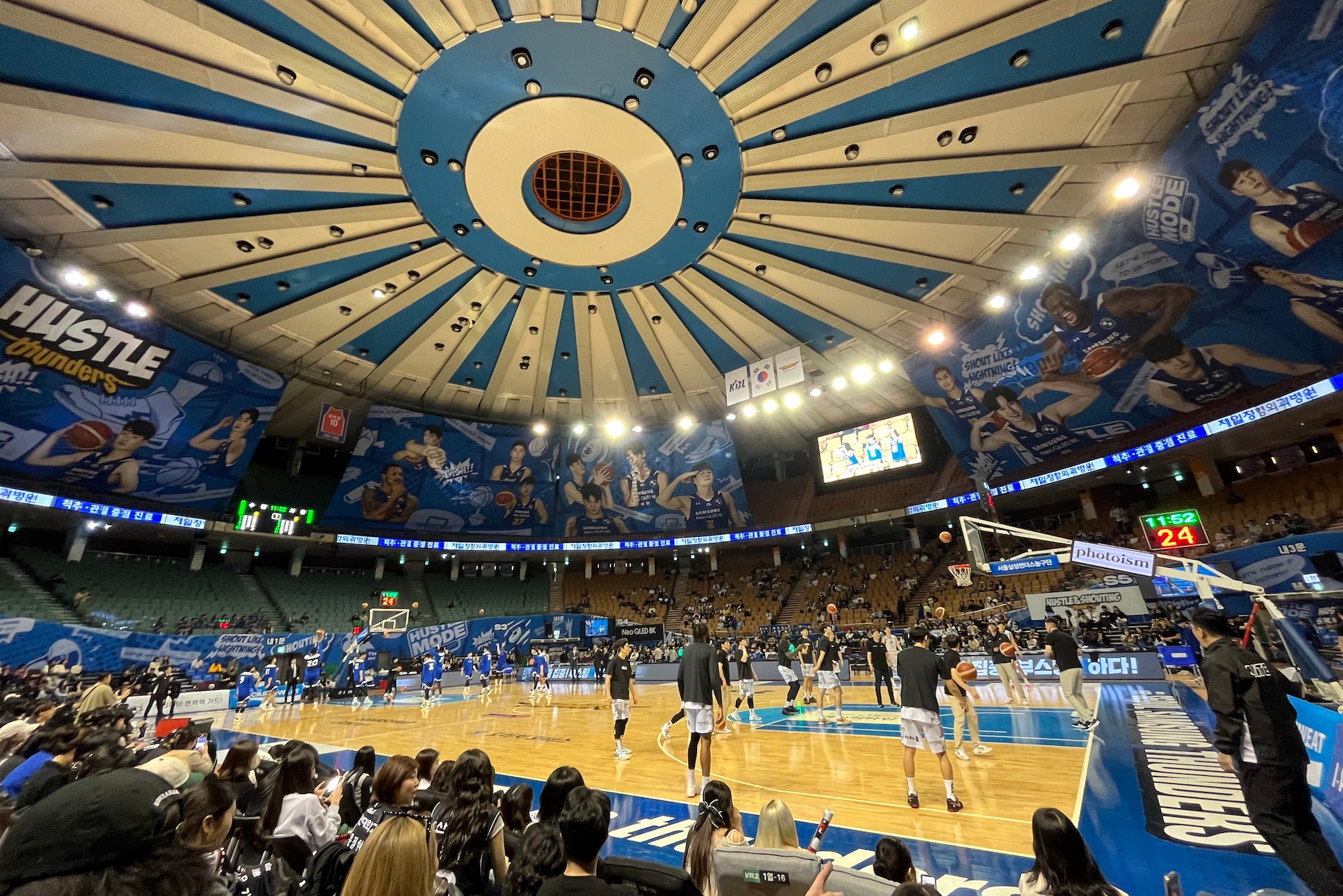How A Top ‘World Of Warcraft’ Guild Reached Its Breaking Point
11:57 AM EDT on April 18, 2022
What does it mean to be at the pinnacle of World of Warcraft? There are several markers of success within the most popular Massively Multiplayer Online Role-Playing Game (MMORPG) in the world. A player could be the best at player-versus-player combat, as judged by the regular tournaments hosted by Blizzard, the game's developer. They could also be among the best theory-crafters in the world, which means diving into the game's systems to optimize performance and then sharing their findings with interested parties. Perhaps most famous, though, are the players at the very top of the Race to World First.
As covered before on this very website, the Race to World First is a community-run event that occurs every time there is a new content release in WoW. With each major patch, Blizzard adds a new raid: a 20-player dungeon with the hardest bosses in the game, tied thematically to the patch's storyline. As soon as one of these new dungeons hits the game, a set of the highest-level player guilds embark on a non-stop race to become the first group of players to complete the dungeon. The most recent of these releases came on Feb. 22, when patch 9.2, called "Eternity's End," came out with Sepulcher of the First Ones, an 11-fight dungeon that culminated in defeating The Jailer, the Big Bad of the Shadowlands expansion.
While a certain subset of players simply wanted to see how the twisty and oft-reviled storyline of the Shadowlands would wrap up, and others, like my own guild, geared up for months of slow progression at their own pace, those at the peak of the game came into this new patch prepared to participate in what would turn out to be the most grueling Race to World First since the event became a widely recognized, and widely watched, phenomenon.
Most Race to World First events last up to two weeks. For reference, the last one, in the Sanctum of Domination, ended after just seven days. The Sepulcher, however, took 18 days to fully clear after everything was said and done, as guilds ran into a variety of roadblocks that pushed the race length past any reasonable predictions.
One of those guilds was the newly renamed Liquid, which finished second in the last race under the banner of Limit. The guild joined Team Liquid—one of the biggest e-sports organizations in the world, dipping into WoW for the first time—between races. With that came expectations: Liquid is a recognizable name in video games, and it was expected that with the support from such a big organization, the players would be put in the best position to take back the crown from European guild Echo.
Though Liquid started the race on fire, picking up the world-first kills on seven of the first eight bosses, the guild ran into the brick wall of exhaustion around day 10. Combined with excellent play from Echo, their biggest rivals, the exhaustion led to Liquid making the unprecedented decision to stop playing on day 18, just minutes before Echo won the race.
The decision to stop while so close to the end of the race was one that had not been seen from a top guild in a race for as long as the event has existed. There were many factors, some obvious to viewers and some that occurred behind the scenes, that contributed to the decision, one that led Liquid to drop from its first- and second-place finishes so far in Shadowlands to fifth in Sepulcher. I spoke to Royce "Bubbadub" Newcomb, Liquid's head analyst, to figure out what exactly happened, as well as what made this race so different than previous ones.
These races are supposed to be mad sprints to the finish, with guilds competing to play at maximum levels of performance for a short period of time. The Sepulcher of the First Ones edition, however, turned into a marathon, and it turns out that most players, at any level of the game, are not built to play for hours upon hours for almost three weeks.
I feel like people who aren't as tuned into the race don't know about the support systems behind the players in the actual raid. What is your role as an analyst for Liquid in the race?
Our job is just to make it so the raiders can just show up raid and perform their best. Before the race started, we tried to disseminate a ton of information about the bosses that we knew about from testing. Blizzard did this thing this tier where the last three bosses weren't shown at all in testing. The first eight, though, we were able to like get a lot of ideas out there and also share all of those ideas with the raiders, to make sure that we had a good plan going in. In addition to that, any time a player has a question, something they need while they're pulling the boss, we made ourselves available for that.
How do you prepare for a Race to World First? Specifically with the re-introduction of tier sets this time around, which were huge power boosts.
So, the main question was: How do we make sure we get as many people tier sets [Ed. note: Tier sets are a group of items that give you big power boosts when you collect two and four; for some classes, those boosts added up to around 30 percent damage, a huge number.] as possible? Blizzard was kind enough to share all the information on how the items dropped ahead of time. It gave us enough time to brainstorm and make sure that we did what was best and most efficient.
We actually created a system to get people one piece of tier from the later bosses, like Rygelon and Lords of Dread, when the raid opened. And then, I'm sure you noticed the sheer amount of splits that had to happen during the race—two to three times what ever happened in previous races. And I think that's really where a lot of the focus was this time. Just setting up splits, making sure the raiders could just get into the split, not really think about it, and just kill the boss over and over and over.
Let's talk about splits. [Ed. note: Splits are when guilds bring in viewers who can trade certain items in order to funnel them to specific raiders; with how WoW's loot system works, you can trade a piece if you already have it at the same or higher level. It's very complicated and dumb, for the most part.] Would you and the guild have preferred to have Master Loot as an option, so you could assign loot to anyone in the raid, no matter what?
I think the general answer to this question is going to be yes. However, with splits, I think it's an interesting dynamic because it gets a lot of people involved in the race that are not normally part of the race, right? Like I think we had over a thousand people involved just helping us in the race, just coming to splits.
So, I guess the point that I'm trying to make is getting a lot of people involved is actually good publicity for the race. I don't think it feels good to do a bunch of splits, though, and I think master loot would definitely help in that aspect.
How long before the race did you start preparing different characters for the raid? I imagine it must be hard to find the balance with so many variables still to be decided before the race even starts.
The amount of innovation and creativity that you have for your class could actually matter a lot. So we said, "We're going to keep tabs on what's good and then Blizzard can change balance at any point and change our minds about it." You don't know which classes are going to get buffed and nerfed. So it's about keeping options open, but also like making sure you have enough coverage between all your players to have the coverage for any boss.
How many characters did everyone prepare ahead of the raid?
This tier, the number was more than ever before. I think most people had three characters ready to go. A lot of it was because of how tier dropped and how we needed to acquire the pieces in that first week. So it was probably around like 80, 90 characters for 30 people.
Shifting gears, this was the first live event where everyone was there, in person, due to COVID-19. How did that change both preparations and the moment-to-moment raiding? I know it later became a problem, but in the start it seemed like you guys seemed very happy to all be in the same spot and have everything taken care of there.
Yeah it's really nice to just be able to see everyone. I think that if the race didn't drag on and on, having to delay flights and all the negative things associated with the long stay in Boston, I think it would've been extremely beneficial. I was able to kind of communicate with the raid leaders very quickly between pulls or on break. Whereas if I was at home, they're not going to be looking at their phones and responding to discord messages, stuff like that. They're going to be trying to unwind and just talking strategy on breaks. I would say it helped a lot early on, and then when fatigue and just the mental aspect of being at an event for too long and having to constantly delay flights and not knowing when it's ending. There were kind of some memes going around where it's like, oh, we're going to be here forever kind of thing. Because of how ridiculous it was.
What did a day at the event look like for you guys? How long was the raiding each day?
We would aim to start at 11:00 a.m., which meant everyone in their chairs in voice chat. We would break for lunch around 2:30 p.m. We would take 30 minutes for lunch, 40 minutes for dinner. And then just have a few breaks after dinner when the guys were more tired. And that was pretty much our whole day.
I would say our worst attempts are generally at the end of night. We tried a few different things because we would notice our pulls were bad after dinner and it was like, maybe go for an hour, take a 10 minute break. If attempts are bad, just stop for a few minutes and reset and then come back.
We would stop at 1:00 a.m., maybe 2:00 a.m., depending on how close we were to a kill.
How was the decision to quit before the end of the race made?
I would say we were doing well on The Jailer in the first two days. Man, that boss lasted so long, but basically we were making consistent progression for the first few days. And then it was very clear starting the third day, we didn't make any progression at all. And it's like, OK, so maybe we go to sleep, we wake up and we play better. But when it became clear that we were just beating our heads against the boss and not seeing a new best for a very long time ... I think in addition to mental fatigue, it really is going to get to the players individually.
I think in a normal race, mental health is already a concern because you're going for 16 hours a day for two, three weeks, if you're counting Heroic Week as well. We decided, OK, so Echo is going to kill the boss here shortly because they're continuing to make progression and we weren't. We understand that we're not going to be getting world first at this point because I think Echo had seen the last phase, and had gotten the boss to under three percent, and we're not really progressing at all.
I think making sure that we ended on a note that we're not just here to kill bosses. We're also trying to enjoy our time. At that point, we were essentially at the event for an entire month, which is a week longer than any projection that we had. I know people really wanted to go home. We wanted to make sure that we were able to get them back home and then just settle in and continue to pull the boss and kill it once we were home. I think that was kind of our thought process behind that. And that mental reset definitely helped.
Were there any concerns that you wouldn't end up getting second? [Liquid eventually finished fifth in the race.]
As far as the internal discussions, I don't think it was that big of a deal in the sense of oh, we could get second if we stayed at the event and forced ourselves to do this. We basically spent two days and didn't make progression on the boss. We would have to stay two extra days and we would be able to get second, or we could just go home. If we get second, we get second.
With an event going so long, the accommodations are not set for the month. Having to change hotels, the catering isn't for a month ... there's a lot of things that are set up, and you can't just extend that forever. We just need to have people in a position where they're able to perform their best, and we didn't feel like it was worth trying to stay at the venue in order to do that because of all the extra external factors that were kind of cropping up. So the second-place thing wasn't really a huge concern. I do think that it matters some, but it's less than world first. I know we ended up fifth, so that sucked, but can't really change that.
If you liked this blog, please share it! Your referrals help Defector reach new readers, and those new readers always get a few free blogs before encountering our paywall.
Staff Writer
Stay in touch
Sign up for our free newsletter
